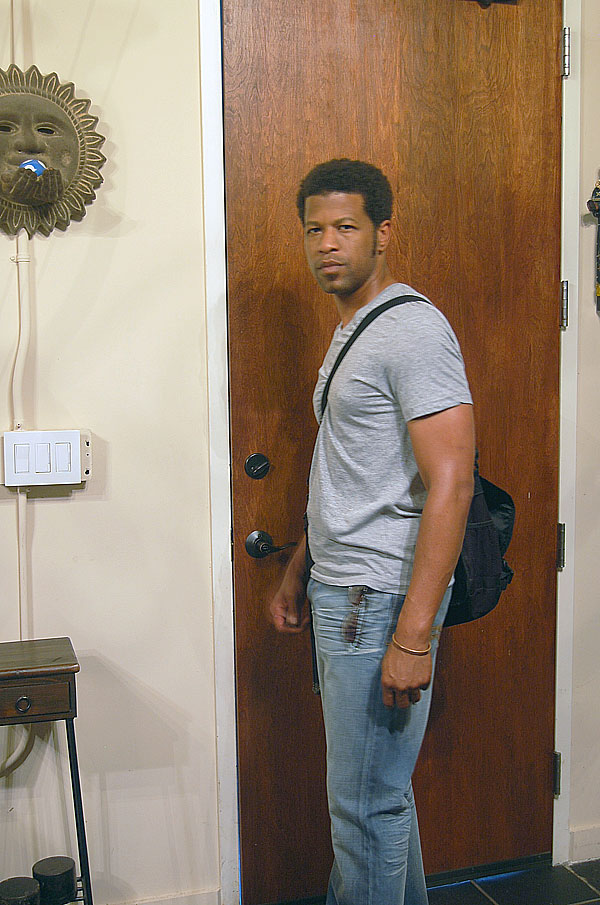As the release date of PIOUS nears and I’m making sure that everyone on earth reads it, I’ve also been working on another plot – a second novel. I’ve been struggling with whether to craft this novel through the voice of first or third-person. Why the struggle, you wonder? My main character is a woman – a pretentious, sarcastic, and murderous woman. Most of you who know me know that I am not those things.
I want my reader to see this story through the main character’s eyes but I have a lot of other stories to tell beyond of her purview. There is a very important scene toward the end that calls for a first-person point-of-view but the other stories need more of a third-person omniscient narrative. There are, of course, artful ways to do this but I feel that I would be limping through the storytelling and forsaking the proven strength that I do have. What to do? What to do?
Yesterday, during an evening run, it came to me. “To thine own self be true.” The consistent advance praise that I’ve gotten for PIOUS thus far is the way I immerse the reader into the story with the voice of my words. My sophomore effort should be no less and so I’ve decided to write my second novel from a third person perspective. This is likely of no consequence to you right now but there is something to gain from my internal rant and struggle. Be true to who you are. Know your strengths and use them above your weaknesses.
And so I close with an excerpt from my favorite Shakespeare piece, Hamlet – (Act 1, scene 3, 78–82).
Polonius:
This above all: to thine own self be true,
And it must follow, as the night the day,
Thou canst not then be false to any man.
Farewell, my blessing season this in thee!
Laertes:
Most humbly do I take my leave, my lord.


